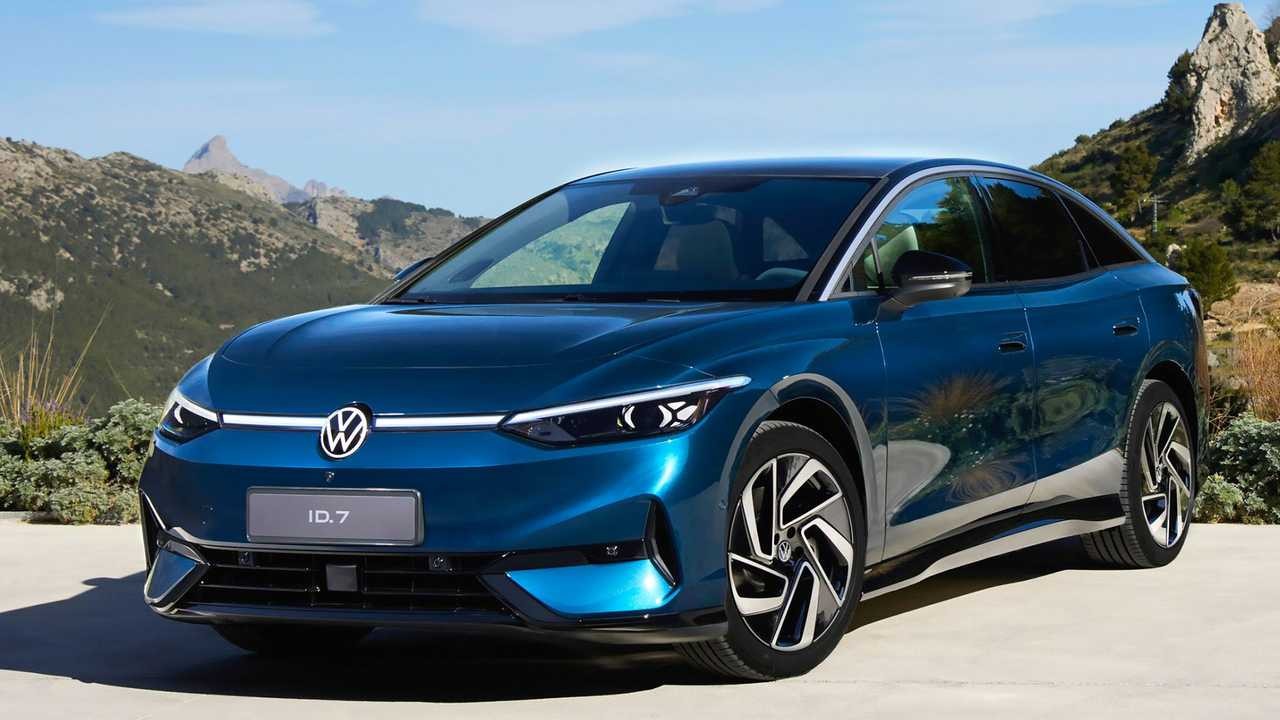Volkswagen faces a significant dilemma for the electric car market
Despite the growing demand for electric vehicles, some challenges force the German automotive giant to make decisions.

The Volkswagen Group is grappling with a conundrum. Reports from Germany highlight an increasing challenge in matching the supply with the demand for their electric vehicles, notably the Volkswagen ID.3 and Cupra Born. Production for these vehicles is scheduled to pause during the first half of October at the Zwickau and Dresden plants. Interestingly, it's the compact electric hatchbacks facing this demand dilemma, not their crossover or SUV counterparts.
The Zwickau plant, which had been completely transitioned to electric vehicle production, is at the center of this issue. Designed to operate on a three-shift cycle, it was projected to produce around 330,000 vehicles per year. Yet, it could only deliver 218,000 in 2022. This paints a picture of Volkswagen's strategy possibly being out of sync with the market, despite a growing inclination towards electric vehicles in Europe and worldwide.
Volkswagen faces a significant dilemma for the electric car market
Subsequent to these events, whispers about job cuts and even the possibility of discontinuing the third shift at Zwickau by 2024 have emerged. Volkswagen is currently in dialogue with its Zwickau employees, trying to forge a production agreement that maintains the plant's economic feasibility, considering the prevailing market conditions.
All of this sparks a debate about the consumers' preferences in the burgeoning electric vehicle sector. With the electric market flourishing, why do compact electric hatchbacks seem to receive a tepid reception? It raises the possibility of consumers still leaning towards conventional vehicle forms, even in the electric domain. Do compact electric vehicles lack allure?
Interestingly, the production of Volkswagen ID.4 and ID.5, as well as the Audi Q4 e-tron models, remains uninterrupted. This indicates that European buyers might still have a preference for larger electric vehicles. This is a conundrum that not just Volkswagen but possibly other automakers will need to decipher promptly.
Although production plans to recommence by October 16, it's evident that these interim halts are symptomatic of a deeper challenge. Volkswagen will need to introspect to align with what European consumers truly seek in an electric vehicle.
 The new train launched in China seems to fly!News & Culture
The new train launched in China seems to fly!News & Culture






